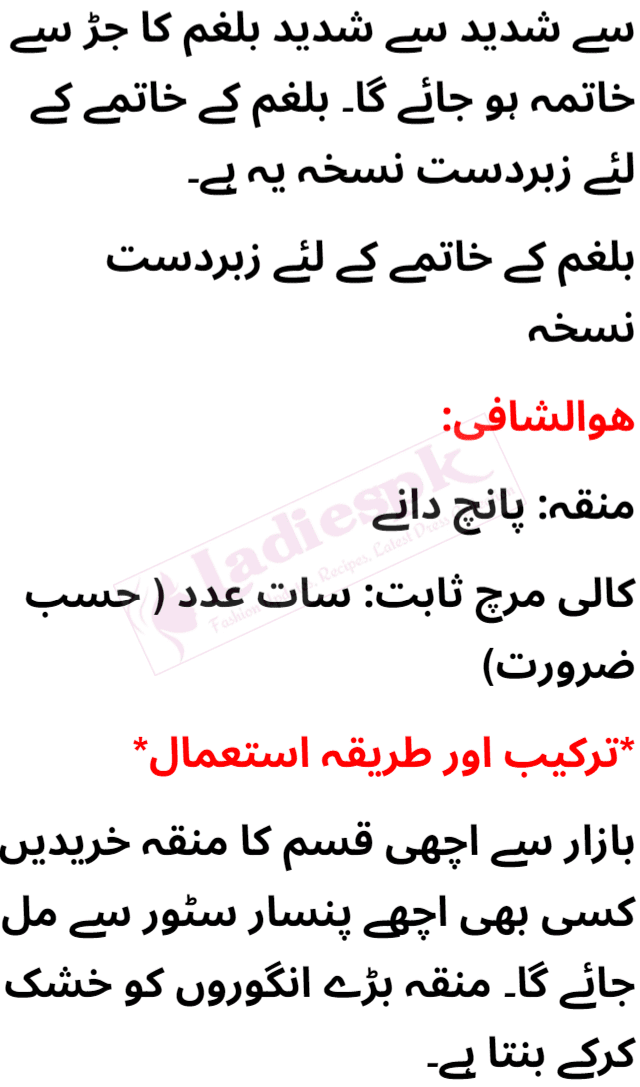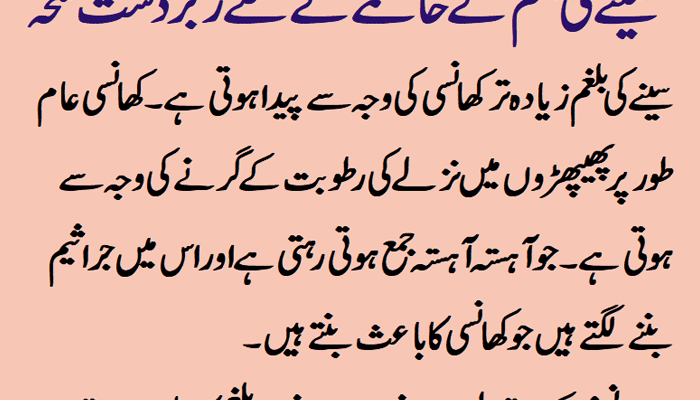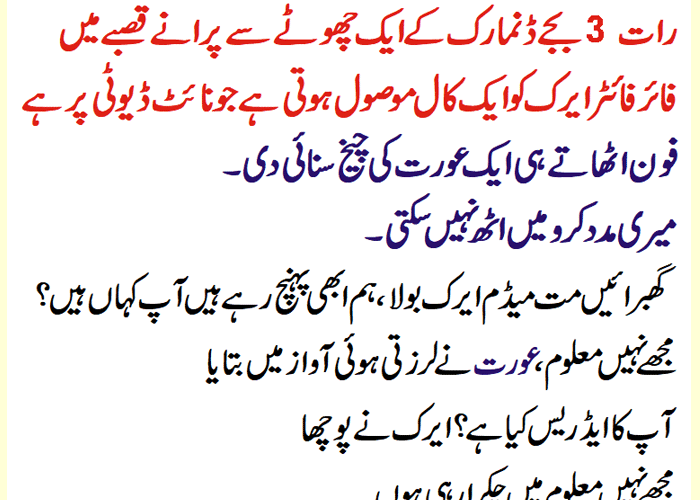The common cold and cough, ubiquitous ailments, can disrupt daily life and cause discomfort. This article aims to explore effective home remedies for managing these conditions, providing relief and promoting a speedy recovery.
Causes and Symptoms
Viral origins of the common cold: Understanding that colds are primarily caused by viruses, with rhinoviruses being the most common culprits.
Recognizable symptoms: Sneezing, runny nose, coughing, and sometimes fever, signaling the onset of a cold.
Importance of Early Intervention
Addressing symptoms promptly not only alleviates discomfort but also helps prevent complications. Awareness of the contagious nature of these illnesses underscores the importance of preventive measures.
Home Remedies for Immediate Relief
Hydration and hot beverages: Adequate fluid intake and soothing hot drinks help ease throat irritation.
Steam inhalation for congestion: Inhaling steam with added essential oils or herbs provides relief from nasal congestion.
Honey and lemon for a sore throat: The antibacterial properties of honey and the soothing effect of lemon can alleviate throat discomfort.
Nasal saline drops: A natural and gentle way to relieve nasal congestion, especially in children.
Herbal Teas and Infusions




Peppermint tea for decongestion: Menthol in peppermint aids in opening nasal passages.
Ginger tea for anti-inflammatory benefits: Ginger’s anti-inflammatory properties help soothe a sore throat and reduce congestion.
Chamomile tea for relaxation: Promoting relaxation and better sleep, vital for recovery.
Dietary Recommendations
Foods rich in vitamins and antioxidants: Supporting the immune system with nutrient-dense foods.
Chicken soup for healing: Traditional wisdom supports the healing properties of chicken soup during illness.
Avoidance of dairy and sugary foods: These can exacerbate mucus production and throat discomfort.
Over-the-Counter Medications
A brief overview of common cold medications, emphasizing the importance of following dosage guidelines and seeking professional advice if needed.
Rest and Sleep
Acknowledging the importance of ample rest and creating a comfortable sleep environment to support recovery.
Humidifiers and Air Quality
Using humidifiers to ease congestion and maintaining clean indoor air for optimal respiratory health.
Prevention Strategies
Hand hygiene and handwashing: Simple yet effective measures to prevent the spread of cold viruses.
Boosting the immune system: A healthy lifestyle with proper nutrition, exercise, and adequate sleep.
Avoiding close contact: Minimizing exposure to individuals with cold symptoms.
When to Seek Professional Help
Recognizing signs that warrant a visit to a healthcare provider, especially for vulnerable populations like the elderly or those with chronic conditions.
Misconceptions about Cold and Cough Treatment
Dispelling common myths and providing accurate information to guide individuals in their self-care practices.
Coping with Cold and Cough at Work or School
Practical tips for managing symptoms while fulfilling responsibilities, along with considerations for returning to normal activities.
Children and Cold Remedies
Special considerations for treating colds in children, focusing on age-appropriate home remedies.
Conclusion
In conclusion, the common cold and cough can be effectively managed with a combination of home remedies, lifestyle adjustments, and preventive measures. By adopting a holistic approach, individuals can navigate these ailments with resilience and minimize their impact on daily life. Remember, a thoughtful and informed response to symptoms contributes to a quicker recovery.







